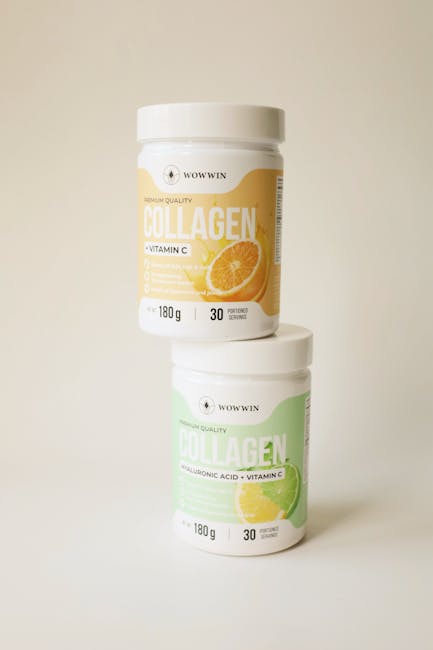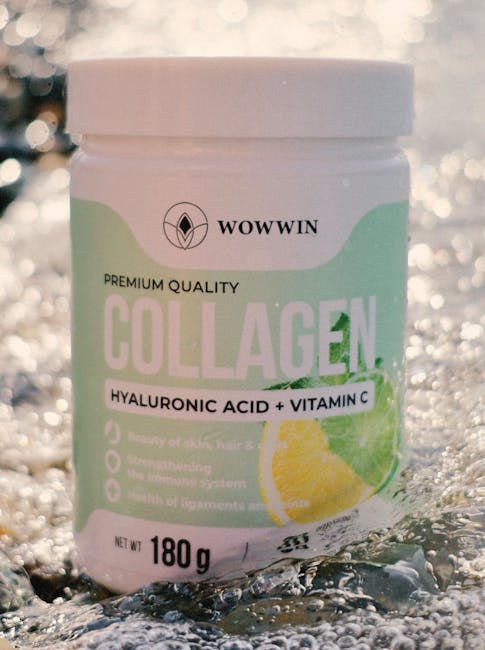Hydrochloric Acid Supplements: Benefits, Risks, and How to Use Them Safely
Hydrochloric acid (HCl) is a naturally occurring acid produced by your stomach. It plays a crucial role in digestion, breaking down proteins and activating digestive enzymes. While your body produces HCl naturally, some individuals may experience low stomach acid levels, a condition known as hypochlorhydria. This can lead to various digestive issues. Hydrochloric acid supplements are designed to help restore optimal stomach acid levels and alleviate related symptoms. However, it’s crucial to understand the potential benefits, risks, and proper usage of these supplements before considering them.

Understanding Hypochlorhydria: When Your Stomach Doesn’t Produce Enough Acid
Hypochlorhydria, or low stomach acid, can manifest in several ways. Symptoms can include indigestion, bloating, gas, heartburn (surprisingly!), nutrient deficiencies (especially vitamin B12 and iron), and persistent feelings of fullness after eating. It’s important to note that heartburn is often mistakenly attributed to *too much* stomach acid, but it can actually be a symptom of *too little* acid. In cases of low stomach acid, the food doesn’t get properly digested, leading to prolonged fermentation in the stomach and intestines, which can contribute to heartburn.
While hypochlorhydria can be diagnosed through various tests, many individuals self-treat based on their symptoms. However, it’s always recommended to consult a healthcare professional before starting any new supplement regimen, including HCl supplements, to rule out other underlying conditions and determine the appropriate course of action.

Potential Benefits of Hydrochloric Acid Supplements
For individuals with confirmed or suspected hypochlorhydria, HCl supplements may offer several benefits, including:

- Improved Digestion: HCl supplements aid in the breakdown of proteins, improving nutrient absorption and reducing digestive discomfort.
- Reduced Bloating and Gas: By optimizing digestion, HCl supplements can help alleviate bloating and gas associated with incomplete protein breakdown.
- Enhanced Nutrient Absorption: Better digestion translates to improved absorption of essential vitamins and minerals, such as vitamin B12 and iron.
- Alleviation of Indigestion: HCl supplements can help alleviate symptoms of indigestion, such as discomfort, fullness, and nausea.
- Improved Energy Levels: Better nutrient absorption contributes to increased energy levels and overall well-being.
Potential Risks and Side Effects of Hydrochloric Acid Supplements
While HCl supplements can be beneficial for some, they are not without potential risks and side effects. These can include:
- Heartburn or Acid Reflux: Ironically, taking too much HCl can worsen heartburn in some individuals. Starting with a low dose and gradually increasing it is crucial.
- Nausea and Vomiting: Taking excessive amounts of HCl can lead to nausea and vomiting.
- Stomach Pain or Discomfort: High doses may cause stomach pain or discomfort.
- Dental Erosion: The acidic nature of HCl can potentially erode tooth enamel. It’s recommended to take HCl supplements with water and avoid contact with teeth.
- Interactions with Medications: HCl supplements can interact with certain medications, such as antibiotics and iron supplements. Consult your doctor if you’re taking any medications.
Important Considerations Before Taking HCl Supplements
Before starting HCl supplementation, it is imperative to:
- Consult your doctor: Discuss your symptoms and health history with your physician to determine if HCl supplementation is appropriate for you and to rule out other potential causes of your symptoms.
- Get properly diagnosed: A proper diagnosis of hypochlorhydria should be made before starting any self-treatment.
- Start with a low dose: Begin with a low dose of HCl supplements and gradually increase it as tolerated. This minimizes the risk of side effects.
- Monitor your symptoms: Pay close attention to your body’s response to the supplement. If you experience any adverse effects, discontinue use and consult your doctor.
- Choose a reputable brand: Select HCl supplements from reputable manufacturers that adhere to quality control standards.
How to Choose the Right Hydrochloric Acid Supplement
Several factors should be considered when choosing an HCl supplement:
- Form: HCl supplements are available in capsule or liquid form. Capsules are generally more convenient, while liquids may offer faster absorption.
- Dosage: Dosage varies depending on the brand and individual needs. Start with a low dose and adjust as needed under the guidance of a healthcare professional.
- Ingredients: Look for supplements that contain only HCl and a suitable filler, avoiding unnecessary additives or preservatives.
- Reviews and Reputation: Check online reviews and consider the reputation of the manufacturer before purchasing a product.
Hydrochloric Acid Supplements and Other Digestive Issues
It’s crucial to remember that HCl supplements are not a one-size-fits-all solution for digestive problems. While they can be effective for hypochlorhydria, they are not suitable for conditions such as gastroesophageal reflux disease (GERD) or peptic ulcers. In fact, they can exacerbate these conditions. If you suspect you have GERD or peptic ulcers, consulting a gastroenterologist is essential before considering any digestive aid, including HCl supplements. They will determine the underlying cause of your symptoms and recommend the appropriate treatment.
Conclusion
Hydrochloric acid supplements can be a helpful tool for individuals with confirmed hypochlorhydria, improving digestion and nutrient absorption. However, it is vital to use them responsibly and under the guidance of a healthcare professional. Understanding the potential benefits and risks, choosing a reputable brand, and starting with a low dose are key to minimizing potential side effects and maximizing the potential benefits. Always consult your doctor before starting any new supplement, including HCl supplements, to ensure its appropriateness for your individual health situation.
